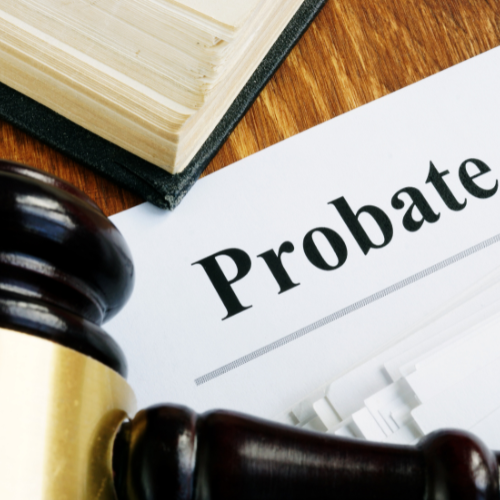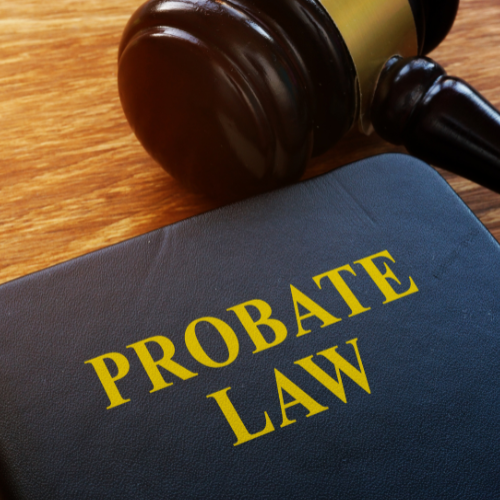PROBATE CALIFORNIA

Probate California is a legal process that occurs after someone dies. It involves the administration of the deceased person's estate, which includes their assets, debts, and distribution of property to heirs or beneficiaries. The specific procedures for probate can vary by state, and in California, probate is governed by the California Probate Code.
Here are some key points about probate in California:
- Initiating Probate:
- Probate is typically initiated by filing a petition with the probate court in the county where the deceased person lived.
- The person named as the executor in the deceased person's will, or an interested party if there is no will, usually files the petition.
- Executor/Administrator:
- The person appointed by the court to manage the probate process is called the executor if there is a will, or administrator if there is no will.
- Probate Assets:
- Only assets that were solely owned by the deceased person and don't have a designated beneficiary or joint owner typically go through probate. Certain assets, like life insurance policies with named beneficiaries or assets held in a living trust, may bypass probate.
- Probate Timeline:
- The probate process can take several months to a few years, depending on the complexity of the estate and any disputes that may arise.
- Creditor Claims:
- During probate, creditors have an opportunity to file claims against the estate to seek repayment for outstanding debts. The executor/administrator is responsible for paying valid claims.
- Distribution of Assets:
- Once debts and taxes are paid, the remaining assets are distributed to the heirs or beneficiaries according to the terms of the will or California intestate succession laws if there is no will.
- Court Supervision:
- Probate in California can be supervised or unsupervised. In supervised probate, the court closely oversees the process. In unsupervised probate, the court's involvement is more limited.
- Costs of Probate:
- Probate can be costly, with fees including court costs, attorney fees, and executor fees. These fees are typically paid from the estate's assets.
- Avoiding Probate:
- Some people use estate planning tools like living trusts to avoid probate or minimize its impact.

